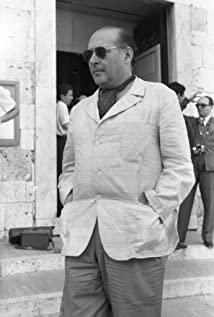Alexander and his wife had just confessed to their divorce, and the couple were enthusiastically invited to watch the burial, which was handled brilliantly, creating a mysterious connection between the hugging corpse of the couple and the emotional state of the Alexander couple. Life is too fragile, and love has lost to it, who can know that the couple who embraced the dead are truly in love? Perhaps it is also in the constant compromise and concession, but death has achieved their love and made it eternal. So, must the embrace and reconciliation between the Alexander couple in front of God at the end of the film be because of love? It’s just the fear of getting lost again, the fear of being empty again, and it’s just praying for a little warmth from the other party when there is nowhere to warm up. After all, death is everywhere here, and new life (children) is needed to make up for the broken emotions. Thus, through the eyes of the heroine, we can see the increase in the number of babies and pregnant women in the streets after the war. It can be said that the emotional wounds of an entire nation are attempted to be healed by the infant.
View more about Journey to Italy reviews











